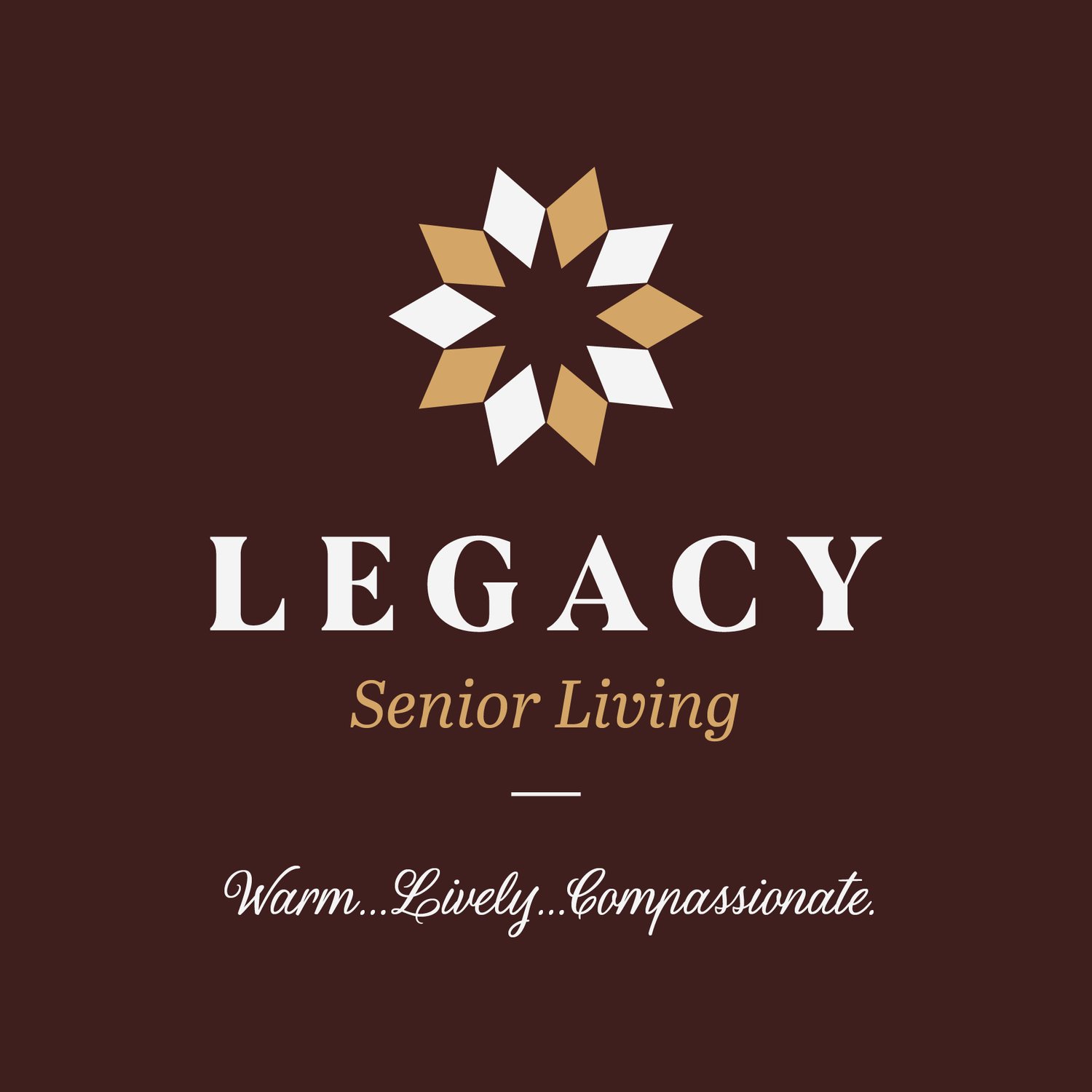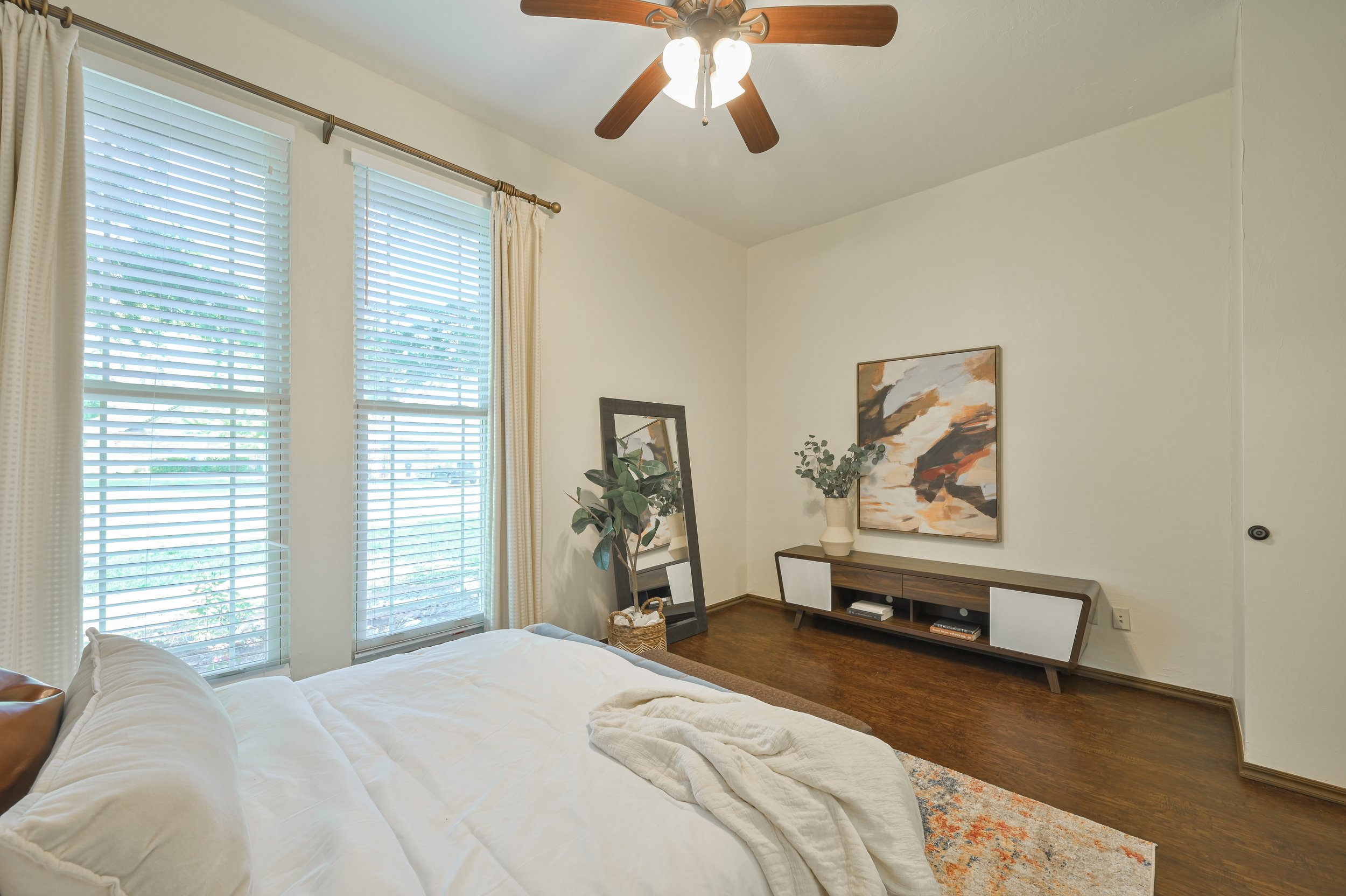
Understanding different Senior Living Options and levels of care
Understanding the different care options is just 1 of the 9 factors that you should discuss with your family when discussing how to support an aging loved one.

Residential Assisted Living - Modern solutions to classic values
Finding holistic care today - Residential Assisted Living provides modern solutions to timeless needs.



